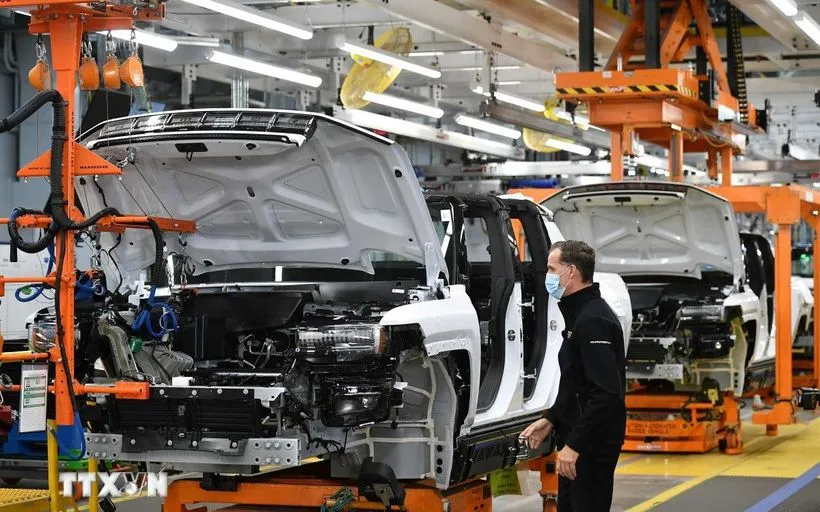
Car production line at General Motors factory in Detroit, Michigan (USA). (Photo: AFP/TTXVN)
US President Donald Trump is considering a massive tax cut package for the domestic auto industry that could help major automakers save significantly on costs.
Republican Senator Bernie Moreno and US auto industry officials said the plan was intended to send a message to global automakers: “If you put your final assembly plant in the US, we will reward you.” According to Mr. Moreno, Ford, Toyota, Honda, Tesla or GM are currently the five manufacturers with the highest localization rate in the US and will be exempt from tariffs.
Mr. Moreno, a member of the Senate Commerce Committee in charge of auto-related issues, said the incentive package would create greater incentives for automakers to move production to the United States, thereby realizing a key goal of Mr. Trump's policy: creating more jobs for the American people.
Immediately after the above information was published by Reuters, the stocks of car companies increased sharply: Ford increased by 3.7%, Stellantis (Chrysler's parent company) increased by 3.2% and GM increased by 1.3% at the end of the trading session on October 3.
The US Commerce Department said in June it plans to apply import tariffs equivalent to 3.75% of the suggested retail price for US-assembled vehicles through April 2026, and then reduce them to 2.5% the following year, to offset tariffs on imported components.
However, according to Mr. Moreno and some industry officials, Mr. Trump is considering maintaining the 3.75% import tax reduction for 5 years, while expanding the scope of application to the engine manufacturing sector in the US.
Meanwhile, a White House official said President Trump and his administration are “committed to pursuing a multi-pronged and flexible approach to strengthening domestic auto and parts manufacturing. However, until a formal decision is signed, any discussion remains speculative.”
The move comes as experts warn electric car makers risk losing market share due to increased competition and aging product portfolios.
In May 2025, Mr. Trump imposed a 25% tariff on more than $460 billion worth of imported cars and parts each year, but later reached agreements to cut tariffs with several countries, including Japan, the United Kingdom, and the European Union.
By August 2025, the US Department of Commerce will continue to increase tariffs on imported steel and aluminum used in vehicle manufacturing, with a total value of about $240 billion per year, including parts such as exhaust systems, bus components and electrical steel (a special type of steel used to make engine cores to help electric vehicles operate more efficiently).
It is unclear whether automakers will be able to apply for new tax incentives to offset the impact of steel and aluminum tariffs, while manufacturers have yet to comment.
In addition, the Trump administration has also delayed the imposition of a new 25% tariff on heavy trucks, which was scheduled to take effect this week, to further review the level of application.
If passed, Mr. Trump’s tax cuts could provide a major boost to the domestic auto industry, encouraging global companies to invest and assemble vehicles in the U.S. However, the specifics of the policy are still being considered, while the cost of tariffs on steel, aluminum and heavy trucks continues to be a heavy burden for automakers.
Source: https://vtv.vn/nuoc-co-thue-quan-moi-cua-tong-thong-trump-nham-keo-san-xuat-o-to-ve-my-100251004184822042.htm


![[Photo] Impressions of the Can Gio Whale Festival](https://vphoto.vietnam.vn/thumb/1200x675/vietnam/resource/IMAGE/2025/10/09/1759984089762_image12334-5642-jpg.webp)










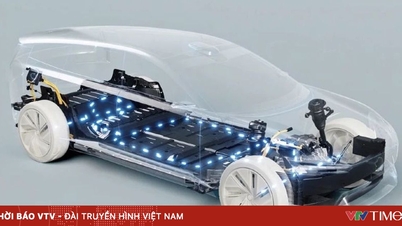




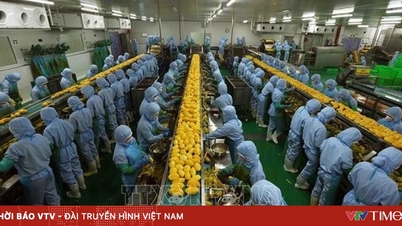

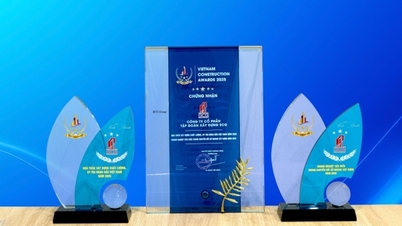

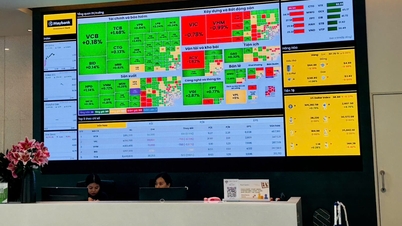






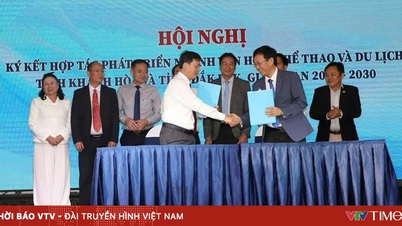

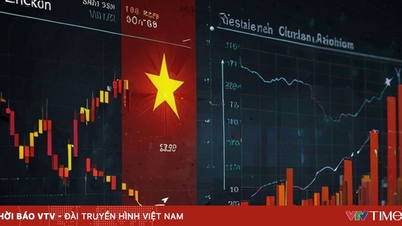



























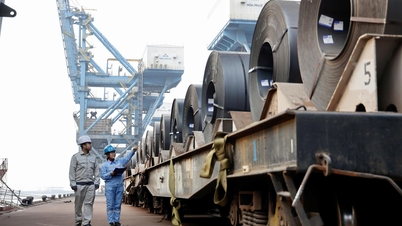




















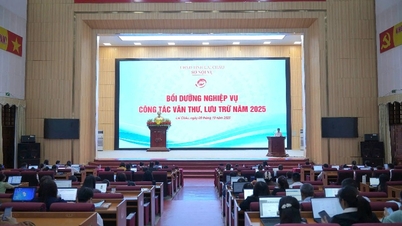





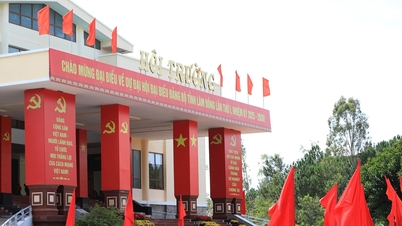




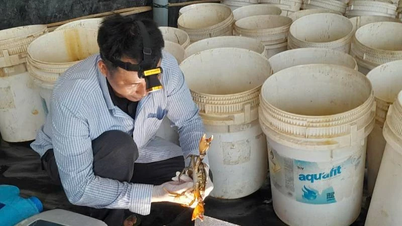






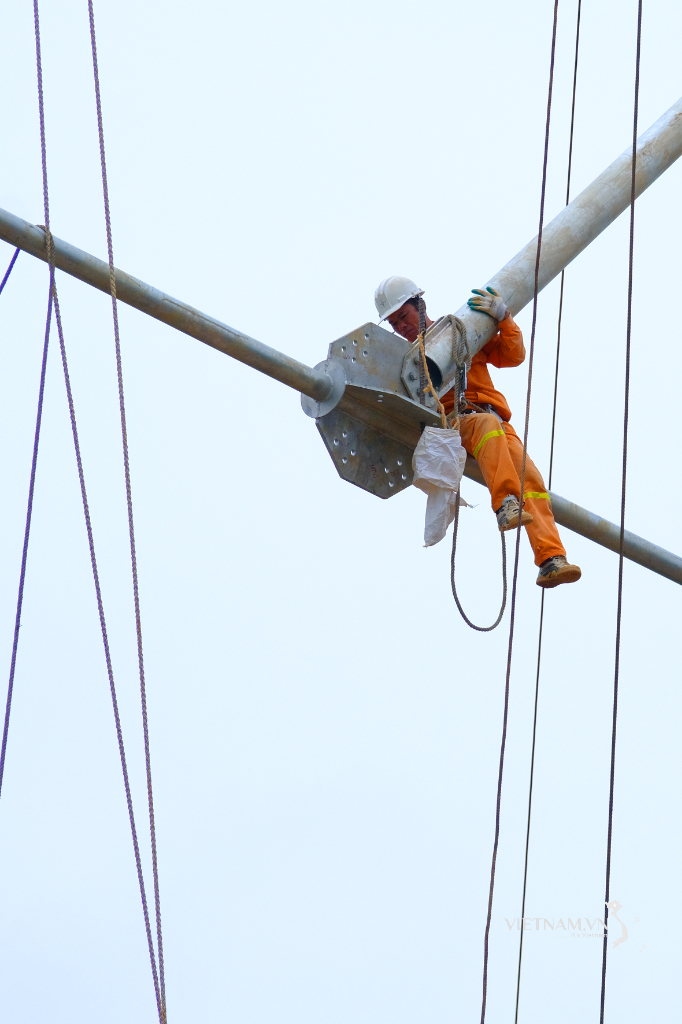



Comment (0)